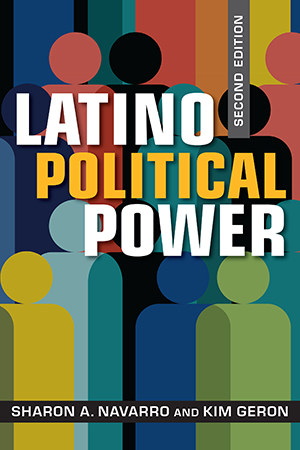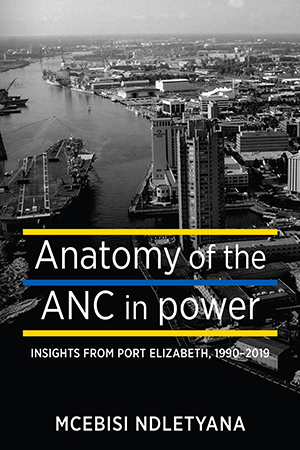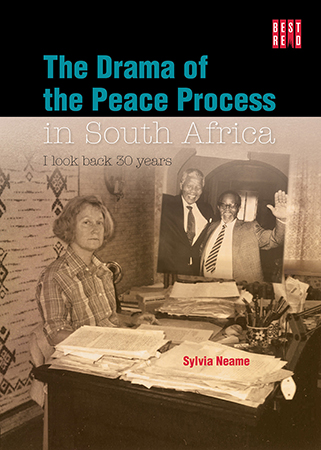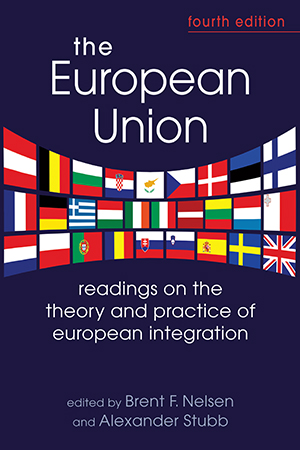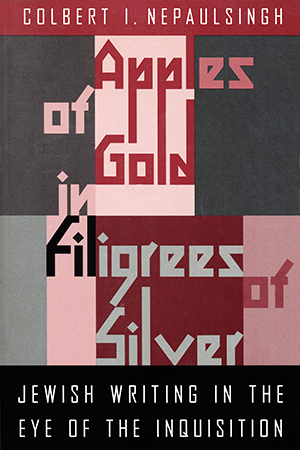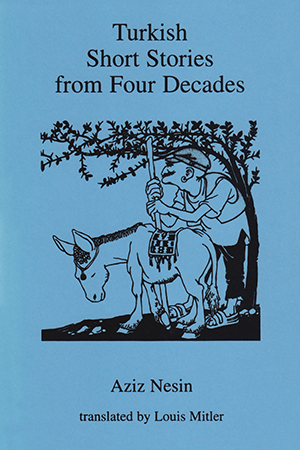BOOKS
This new, fully revised edition of Latino Political Power reflects a diverse community evolving in its ethnic, racial, and sexual identities, as well as in its voting behavior and party More >
Choice Outstanding Academic Book! Observers reacted with shock to the 2016 African National Congress electoral loss in Port Elizabeth, once an ANC stronghold. Yet, argues Mcebisi More >
The Congress Movement, based on primary and secondary sources including some 80 interviews dating back to the early 1960s, uniquely combines narrative and analysis. Volume 1 traces More >
The Congress Movement, based on primary and secondary sources including some 80 interviews dating back to the early 1960s, uniquely combines narrative and analysis. Volume 2 examines the More >
The Congress Movement, based on primary and secondary sources including some 80 interviews dating back to the early 1960s, uniquely combines narrative and analysis. Volume 3 explores how More >
Historian Sylvia Neame portrays, from a unique vantage point, the unfolding of the peace process in South Africa in the late 1980s and early 1990s. As a scholar, a member of the African More >
The fourth edition of this popular reader, thoroughly updated, introduces students to both the concept of a united Europe and to integration theory. The expanded first two sections of the More >
During the Spanish Inquisition, daring individuals defied and thwarted persecution by writing works in which hidden meanings were apparent only to Jews or fellow conversos, the descendants More >
These twenty stories show the broad range of iconoclast, fabulist, realist, satirist, avant- gardist Aziz Nesin (1915-1995), long considered a major voice in contemporary Turkish fiction. More >
Despite the prominent role that competition over natural resources has played in some of Africa's most intractable conflicts, little research has been devoted to what the economic More >



